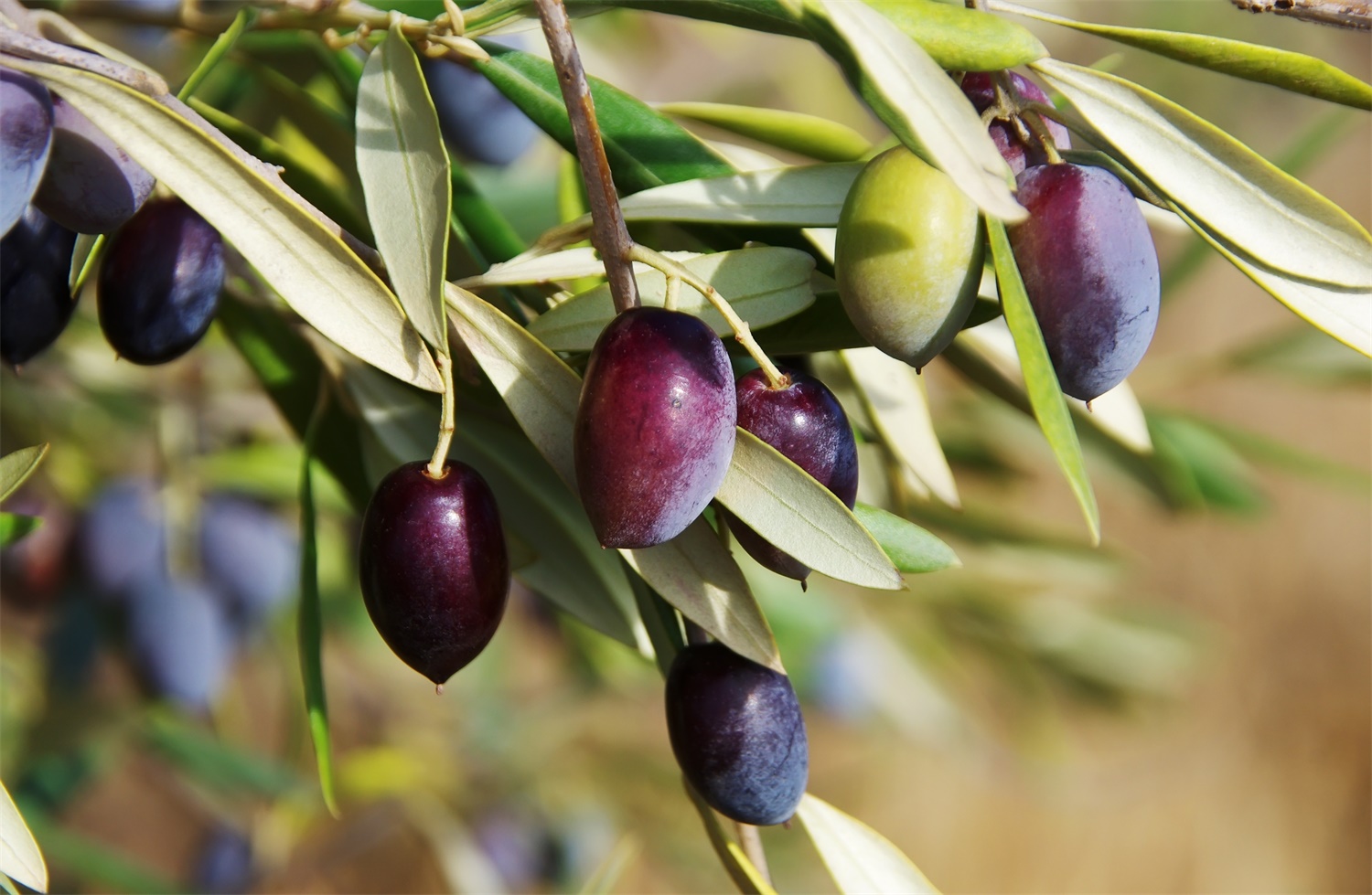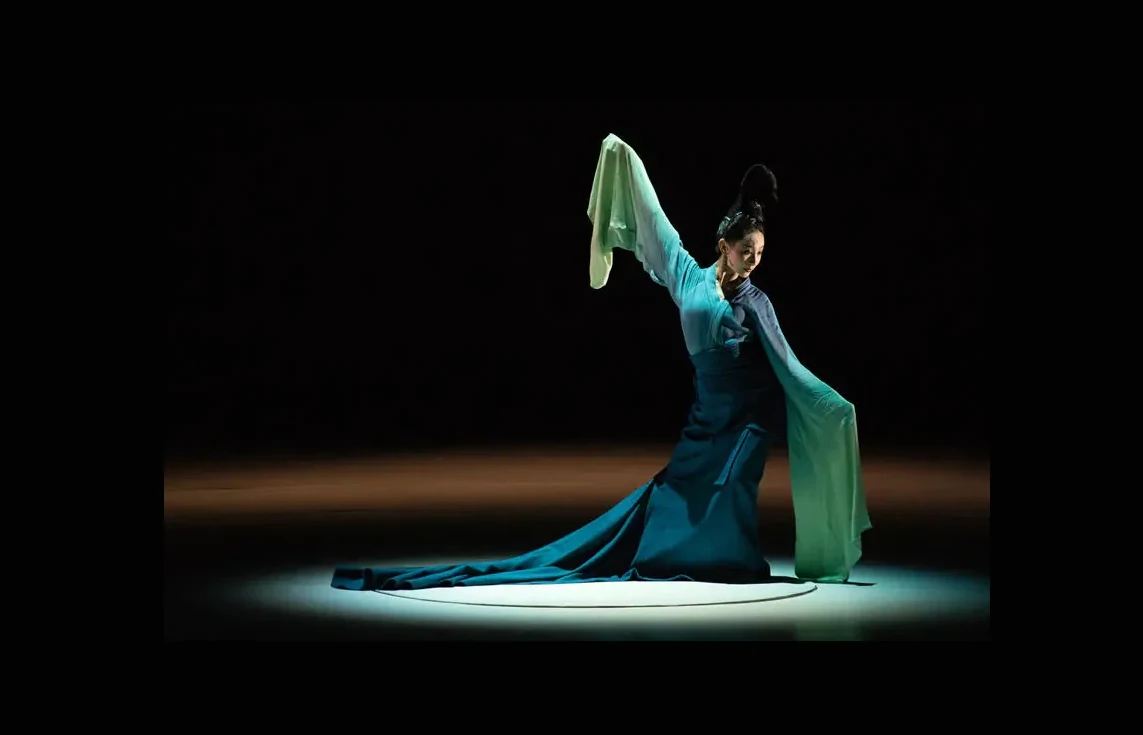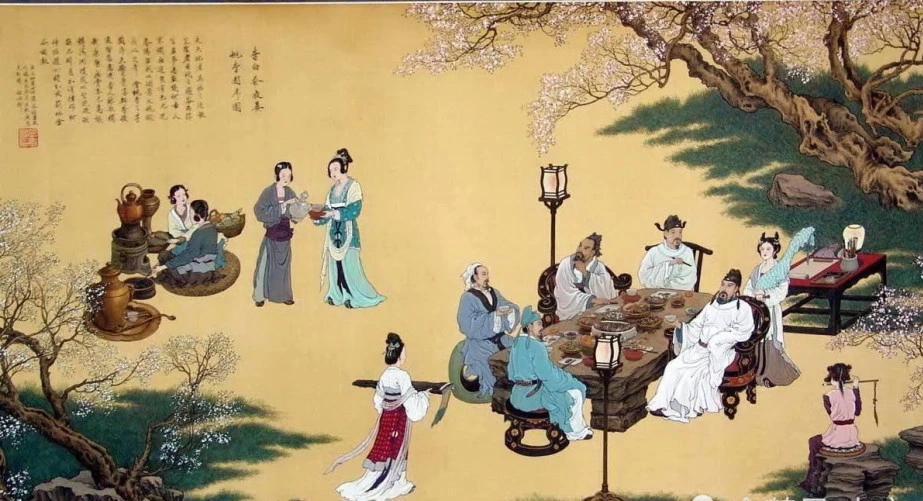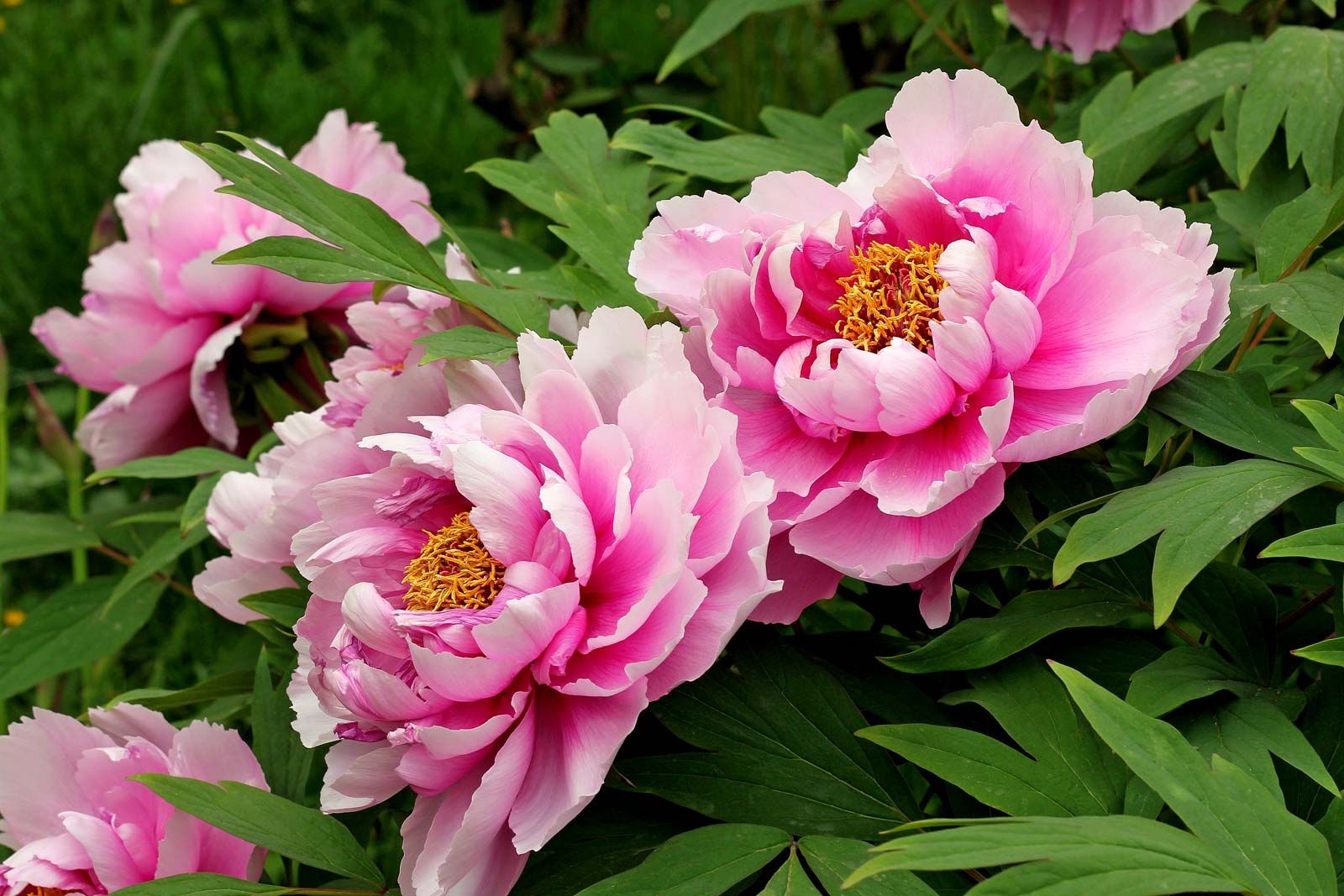

Dominio de Pingus is a Spanish winery located in Quintanilla de Onésimo in Valladolid province with vineyards in La Horra area of the Ribera del Duero region. The estate's flagship wine, Pingus, is considered a "cult wine", sold at extremely high prices while remaining very inaccessible,[1][2] and commands an average price of $811 per bottle.[3]
The winery also produces a second wine, Flor de Pingus, and a special cuvée, Ribera del Duero "Amelia". Recently, Dominio de Pingus has founded a joint project with local grape producers to make an old vine tempranillo called "PSI".
Dominio de Pingus was established in 1995 by Danish oenologist Peter Sisseck, also manager of the Pesquera de Duero estate Hacienda Monasterio.[4] On the estate's winemaking philosophies, Sisseck has stated, "The vines in my plots are very old. They have never been fertilised nor treated with pesticides and all grow following the traditional en vaso system. They are perfect."[4]
About the first 1995 vintage of Pingus, Robert Parker declared, "One of the greatest and most exciting wines I have ever tasted".[5] With a very limited first vintage production, only 325 cases were made with prices initially set at US$200 per bottle, it became yet more scarce when in November 1997 the ship transporting a U.S. bound shipment of 75 cases disappeared somewhere off the Azores in the North Atlantic Ocean.[6] The shipwreck resulted in a dramatic reaction in the US market, with prices soon rising to $495 per bottle.[5][6]
At the Ronda WineCreator conference of April 2008, Sisseck was angered by suggestions by Decanter editor Guy Woodward that some winemakers make wines to suit the palates of certain critics. In response he called Woodward's remarks arrogant for implying winemakers do not have their own opinions, adding, "I don't even think it is possible to do this."[7]
In 2007 it was announced that the Spanish government had approved plans to expand highway roads through the vineyards of Dominio de Pingus and other wineries, which was met with strong opposition by Sisseck who called it a "vengeful measure".[8]
Planted with very old vines of Tinto Fino, i.e. Tempranillo, the vineyards are 2.5 hectares (6.2 acres) in Barrosso with vines exceeding 65 years and 1.5 hectares (3.7 acres) in San Cristobal with vines older than 70 years, and the unusually low average yield of 12 hL per hectare. Since 2000, the viticulture has been biodynamic. Of the annual production of Pingus there is typically less than 500 cases, though in poor vintages no Pingus is made.
The production of the second wine Flor de Pingus, also 100% Tempranillo, is made with fruit from rented vineyards in the La Horra zone, with vines older than 35 years. Since the 2005 vintage, the viticulture has been biodynamic. The annual production is on average 4,000 cases.
Additionally there has been the single barrel cuvée, Ribera del Duero "Amelia", made from a vineyard parcel of 100+ year old vines with an average yield of 10 hL per hectare, with biodynamic viticulture since its initial 2003 vintage. The 2005 vintage had a production of 25 cases.
"PSI" is a joint project based on fruit produced by local grape growers from old tempranillo vines. The goal is to help grape producers and save old vines. Project was founded in 2006, first vintage was 2007. Grape growers are encouraged to employ biodynamic or organic vineyard management practices. The wine is made by Peter Sisseck and Pablo Rubio and sold under producer name Bodegas y Viñedos Alnardo. Vinification takes place in large concrete vats and aging in concrete and wooden tanks and oak barrels. Production of PSI 2009 was 9,600 cases, PSI 2010 was 16,600 cases.
 让我们爬上云端
让我们爬上云端
更接近那蓝的天
最高的山峰在眼前
地上的弯弯流水
好像一条银项链
看一看山脚下
又像一座小花园
我们爬的高
我们看的远
把欢乐和美妙的
歌声散播在山水间
小燕子飞在身边
它不停地在呢喃
欢迎我来到大自然
你看那阳光灿烂
它晒红了我的脸
我们在高山上
渡过快乐的一天
我们爬的高
我们看的远
把欢乐和美妙的
歌声散播在山水间





因为梦见你离开
我从哭泣中醒来
看夜风吹过窗台
你能否感受我的爱
等到老去那一天
你是否还在我身边
看那些誓言谎言
随往事慢慢飘散
多少人曾爱慕你年轻时的容颜
可知谁愿承受岁月无情的变迁
多少人曾在你生命中来了又还
可知一生有你我都陪在你身边
因为梦见你离开
我从哭泣中醒来
看夜风吹过窗台
你能否感受我的爱
等到老去那一天
你是否还在我身边
看那些誓言谎言
随往事慢慢飘散
多少人曾爱慕你年轻时的容颜
可知谁愿承受岁月无情的变迁
多少人曾在你生命中来了又还
可知一生有你我都陪在你身边
当所有一切都已看平淡
是否有一种坚持还留在心间
呼哦 哦
多少人曾爱慕你年轻时的容颜
可知谁愿承受岁月无情的变迁
多少人曾在你生命中来了又还
可知一生有你我都陪在你身边
多少人曾爱慕你年轻时的容颜
可知谁愿承受岁月无情的变迁
多少人曾在你生命中来了又还
可知一生有你我都陪在你身边
可知一生有你我都陪在你身边






畴昔通家好,相知无间然。
续明催画烛,守岁接长筵。
旧曲梅花唱,新正柏酒传。
客行随处乐,不见度年年。
【注释】
守岁:旧时民间于除夕之夜,一家团坐,饮酒笑乐,通夜不眠,称为“守岁”。
【译文】
长期以来两家关系就很好,彼此相知亲密无间。
天黑之后点起描画的红烛,排起守岁的宴席,友朋列坐其次。
席间歌女唱起《梅花》旧曲,大家畅饮新蒸的柏酒,推杯换盏,间或会有行酒令的游戏。
作者现在是四处漂泊随行处且行乐,一年一年的过去了也不见。
【赏析】
这年的除夕,孟浩然就是在乐成张少府(子容)的官邸度过的。孟浩然与张子容,既有同乡之谊,又是通家之好,更加两人年青时曾同隐鹿门山,晨夕相处,亲密无间,此次孟浩然专程远道来访,张子容当然热情接待。除夕之夜,张子容的官邸,灯火辉煌,画烛高烧,筵备珍馐,酒斟柏叶。他们一边品尝着新酿的柏叶酒,一边畅叙着别后离情,当时内心的快乐,是难以言喻的。席间还有卢氏歌女演唱《梅花》古曲,她的婉转歌喉,更增添了两位人的兴会。
中反应出一些流传已久的习俗,另一方面也写出了与张少府的深情厚谊。

旅馆寒灯独不眠,客心何事转凄然。
故乡今夜思千里,霜鬓明朝又一年。
译文及注释
住在客栈里,独对残灯,睡不着觉。不知什么缘故,诗人的心情变得十分凄凉悲伤。
在这除夕之夜,想象故乡人思念千里之外的自己的情景,而明天又要增加一岁,新添不少白发啊。佳节思亲是常情,历来如此。但除夕之夜,“独不眠”、“转凄然”、“思千里”,还有一层意思:到了明天,就又增加一岁,包含了诗人年复一年老大无成的伤感。
译文
旅馆里透着凄冷的灯光,映照着那孤独的迟迟不能入眠的客人。这孤独的旅人是为了什么事情而倍感凄然呢?
故乡的人今夜一定在思念远在千里之外的我;我的鬓发已经变得斑白,到了明天又新增一岁。
注释
除夜:除夕之夜。
客心:自己的心事。转:变得。凄然:凄凉悲伤。
霜鬓:白色的鬓发。
明朝(zhāo):明天。
















